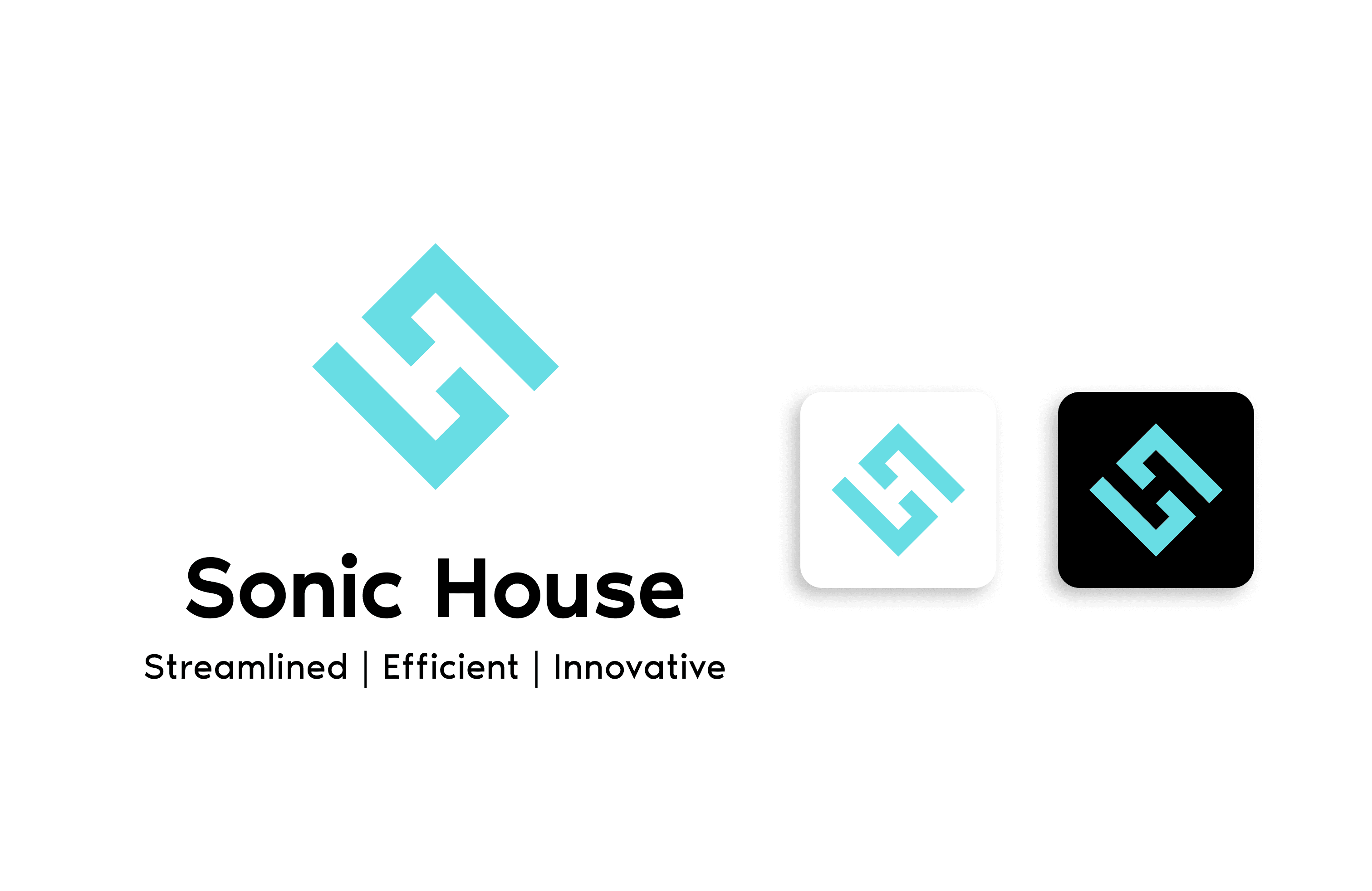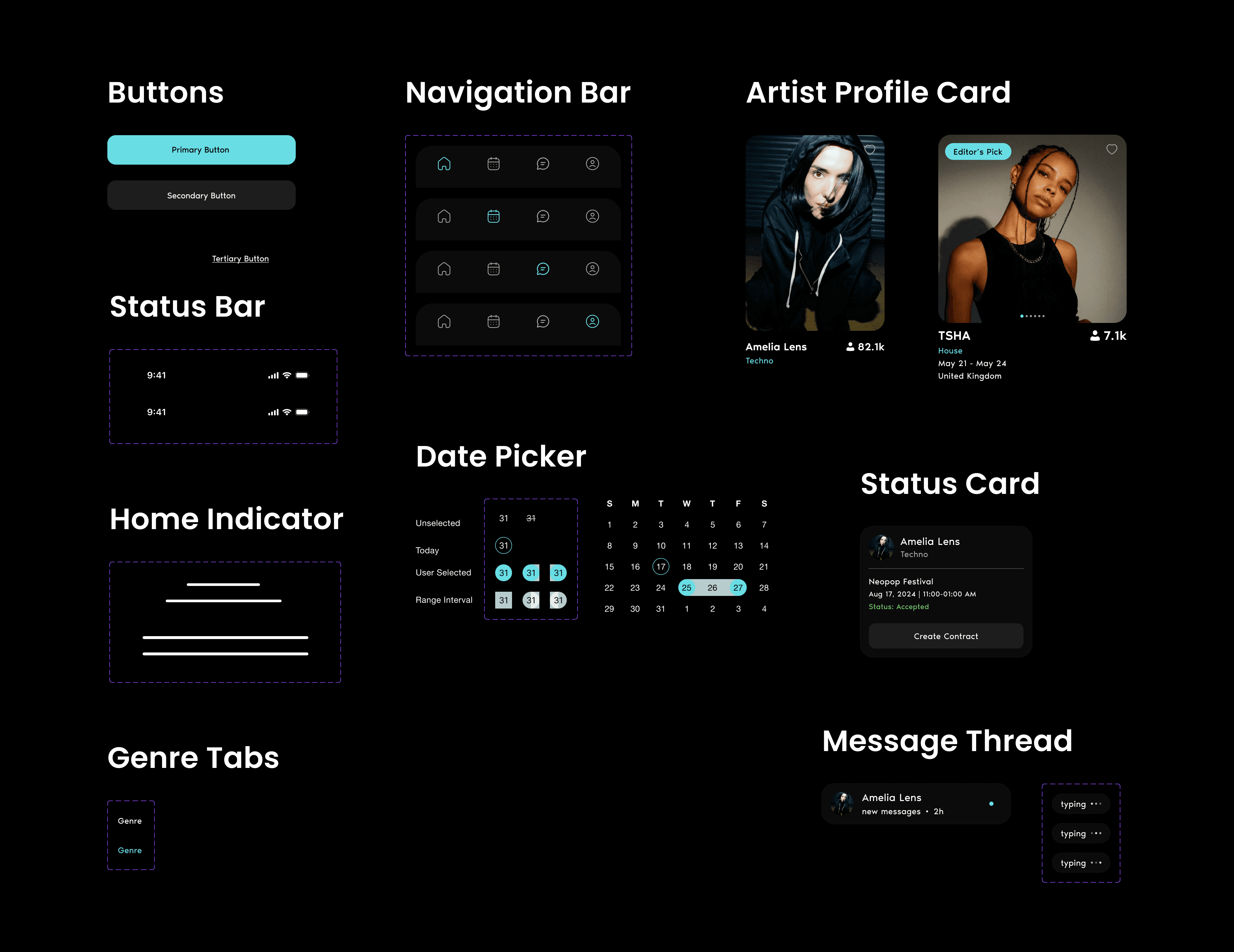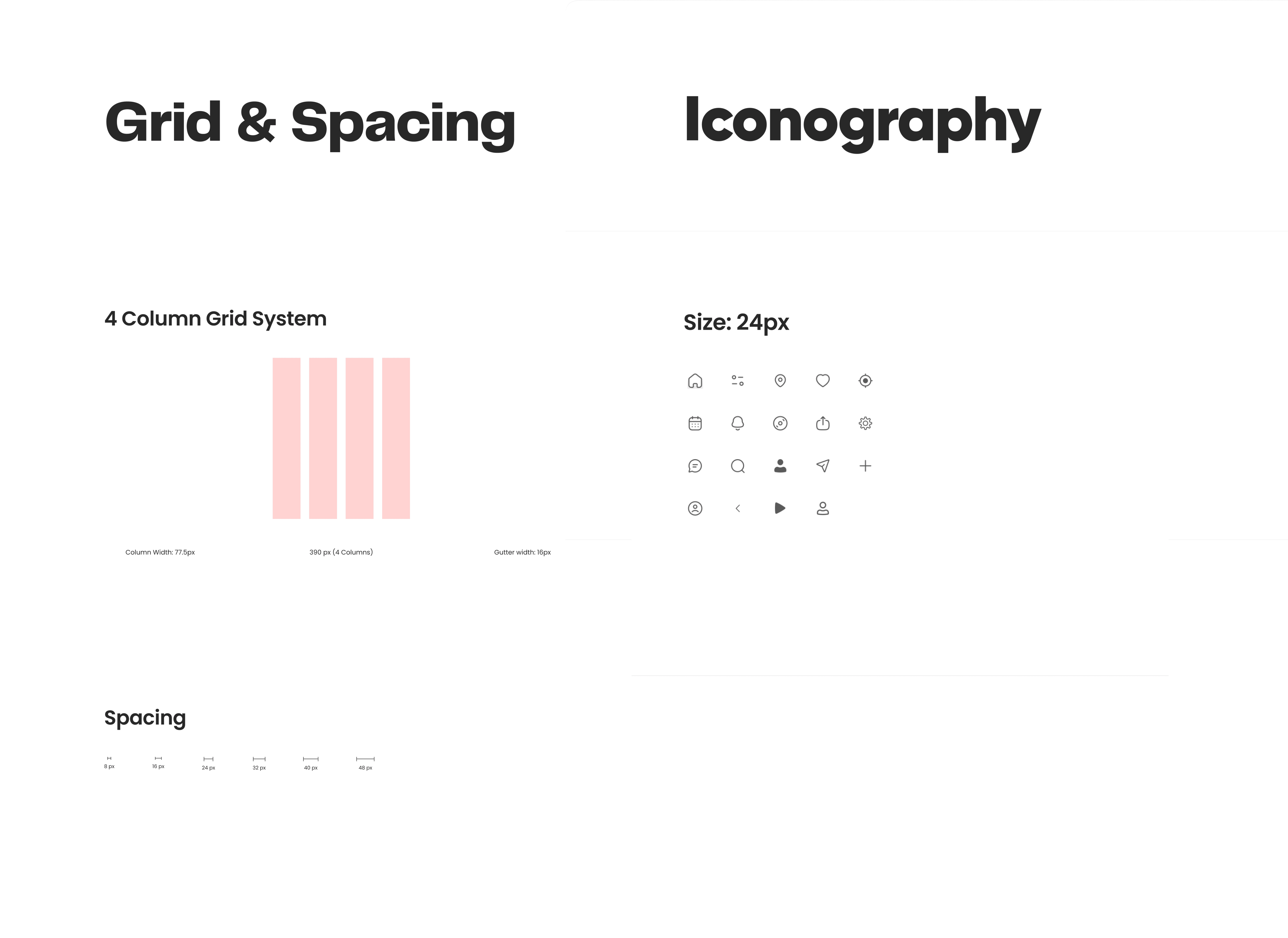
Role
Lead Designer | Branding | Research
Year
2024
Applications
Figma, Screenflick, Gifski
Brief
Sonic House is a mobile app designed to revolutionize the gig booking landscape. By centralizing event management, enhancing communication, and minimizing administrative work, it empowers event organizers to create unforgettable events with ease.
Challenge
The DJ booking process, once a manageable task, had become a maze of complexities—scattered DMs, endless email threads, Google Docs for contracts, third-party payment platforms, and constant back-and-forth to confirm details. These weren’t just minor inconveniences; they were industry-wide pain points causing burnout and inefficiency.
Research & Insights
To understand the real pain points, I conducted 10+ interviews with club promoters, festival planners, and independent event coordinators.
Key findings:
Organizers spent 5–15 hours per event on fragmented communications and logistics.
Communication delays led to last-minute chaos and missed opportunities.
Contracts were sometimes lost in email threads, often going unsigned.
Organizers valued quick artist credibility signals.
These insights shaped Sonic House’s MVP priorities.
Wireframing & MVP Development
To visualize the app’s structure and ensure an intuitive user journey, I began with low-fidelity wireframes that mapped out the core flows. From there, I developed an MVP that focused on the most critical pain points: DJ discovery, communication, and booking management—all in one place.


Design System
To maintain a cohesive experience, I developed a design system during the high-fidelity design phase, including design tokens, components, and patterns that aligned visual consistency with functional flexibility for evolving needs.
1. Design Tokens:
Colors: A vibrant primary palette to convey energy while maintaining clear contrast for accessibility.
Typography: A Consistent typography scales for hierarchy and readability across discovery, booking, and messaging flows.
Spacing: A modular spacing system to create visual rhythm and maintain alignment across components and layouts.
Icons: A cohesive icon set to enhance clarity in navigation and actions while reinforcing brand identity.



Design Approach:
The design was ambitious but simple at its core: an app that felt like a personal control center.

1. Talent Discovery:
A homepage to explore popular and emerging DJs, with filters to refine searches by genre, date, and location. DJ profiles display follower metrics as a quick credibility signal, aligning with organizers’ need for fast vetting.

2. Communication Tools:
In-app messaging kept all conversations centralized, eliminating scattered DMs and emails. Organizers could discuss logistics, technical needs, and travel arrangements seamlessly without leaving the platform.

3. Booking Dashboard:
A streamlined dashboard enabled organizers to manage inquiries, contracts, and payments in one place. At a glance, organizers could track statuses, follow up on pending actions, and reduce the mental load of managing multiple events simultaneously.
Usability Testing
To validate the design, I conducted remote moderated usability testing sessions with early-adopter event organizers via Zoom, using think-aloud protocols to observe mental models and friction points in real time.
Sample tasks included:
“Find and select a DJ available for your event next Friday.”
“Message the DJ to confirm availability and discuss travel details.”
“Send a booking inquiry and upload your standard contract for this event.”
At the end of each session, I asked:
“On a scale of 1–10, how likely are you to adopt Sonic House if it launched tomorrow?”
Early testers expressed excitement about having all tools in one place, noting it reduced the mental load of planning events. However, testing surfaced needs for greater contract flexibility, clearer confirmations, and event tracking, which directly informed product iterations.
Feedback Iterations
Based on user feedback, I prioritized iterative refinements to address specific needs while maintaining a seamless experience across the app:
1. Flexible Contract Management:
Initial tests with a contract generator revealed organizers wanted to upload their own contracts. We added a contract upload feature seamlessly within the booking flow.


3. Profile for Event Tracking:
Added a profile page for viewing upcoming and past events, with quick actions like rebooking artists or sync schedules with calendars—reducing the mental burden of managing event pipelines.
Next Steps
The vision for Sonic House extends beyond booking:
Promoter analytics: Track trends and optimize events with data insights.
Marketing tools: Help organizers promote events effortlessly.
Artist-side interface: Enable seamless artist participation in bookings and updates.
Key Takeaway
Sonic House demonstrates how user-centered design can transform complex workflows into intuitive, empowering tools. By addressing real user pain points through research, testing, and iteration, a single platform can reshape an industry—turning chaos into clarity for event organizers striving to deliver unforgettable experiences. The journey of Sonic House highlights the importance of continuous testing, adaptability, and a vision that goes beyond immediate needs, setting the foundation for a scalable, impactful product
Related work






